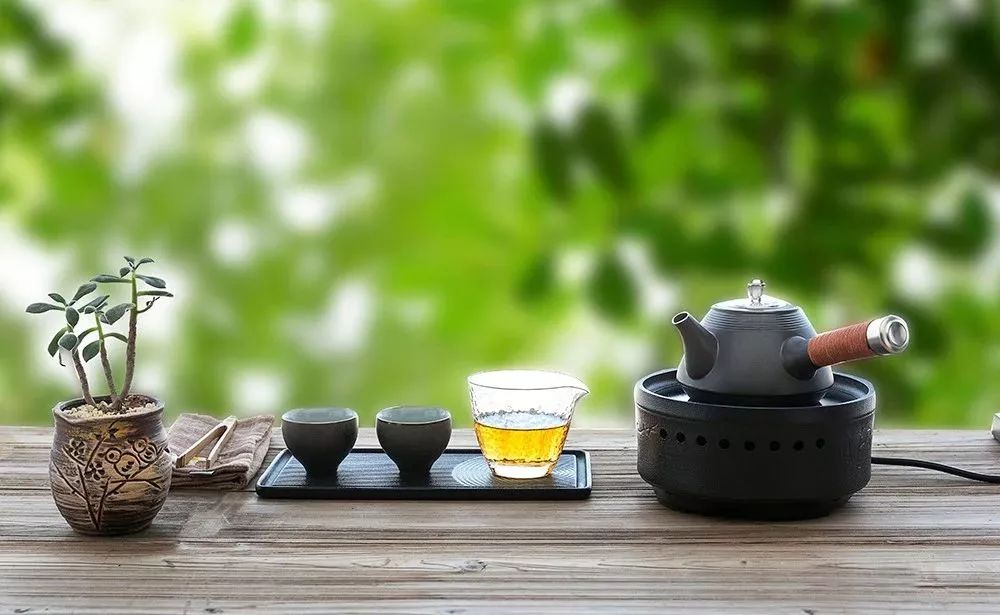Chinese Tea Ceremony
A Timeless Cultural Tradition, A Journey to Inner Peace

The Chinese tea ceremony, a treasure of Chinese culture, has a history spanning thousands of years. Tea, in China, is not just a beverage but an essential part of traditional culture. The tea ceremony embodies not only the art of brewing and appreciating tea but also a way of life that seeks inner peace, harmony, and a deep connection with nature. For those eager to experience traditional Chinese culture, exploring the art of tea offers a serene journey of the soul.
The origins of the Chinese tea ceremony can be traced back to the Tang Dynasty, with its unique cultural system developing during the Song and Yuan dynasties. The essence of the tea ceremony lies in "harmony, tranquility, joy, and truth." Through the fragrance of tea, the elegance of teaware, the skill of brewing, and the atmosphere of tea tasting, the tea ceremony seeks to cultivate inner harmony and serenity. Each step in the tea ceremony is filled with ritual significance—from selecting the tea, warming the teapot, and brewing the tea, to finally tasting it—reflecting the Chinese pursuit of aesthetic living and reverence for nature.
China's tea culture is rich and varied, with the most representative teas including green tea, black tea, oolong tea, white tea, yellow tea, and Pu'er tea. Each type of tea has its own brewing methods and tasting rituals, and the tea ceremony artfully combines these techniques with cultural expression. During a tea ceremony, visitors can participate in the process of brewing tea, watching the leaves unfurl in the water, inhaling the delicate aroma, and savoring the nuanced flavors, all while contemplating the profound philosophy that "tea is like life, and life is like tea."
In China’s renowned tea regions, such as Hangzhou's Longjing, Wuyishan in Fujian, and Pu'er in Yunnan, visitors can not only enjoy the picturesque tea plantations but also immerse themselves in the local tea culture, experiencing tea picking and processing firsthand. Traditional tea houses and rooms in these regions preserve the ritualistic essence of the tea ceremony, allowing visitors to experience the spiritual and cultural enrichment that the tea ceremony brings in an atmosphere infused with the delicate scent of tea.
The Chinese tea ceremony is not just about enjoying tea; it is also a path to inner cultivation. Through the tea ceremony, one can escape the noise of the world and seek inner tranquility and balance. The tea ceremony advocates "enlightenment through tea," emphasizing the dialogue between tea and the person, and the harmonious coexistence between humans and nature. This traditional culture, widely practiced across China, also draws an increasing number of international visitors who come to explore and experience its profound beauty.
If you are interested in traditional Chinese culture, the tea ceremony is an experience not to be missed. Whether in a traditional tea house or amidst the verdant beauty of a tea plantation, the tea ceremony offers a moment of peace and contentment, inviting you to reflect on the essence and beauty of life through the aroma of tea.
0 Comments
LEAVE A REPLY